
Come and join us for an evening of talks from Canterbury researchers who are improving healthcare for us all.
This year our ‘we’re talking hauora’ research talks showcases eight incredible researchers who will share their work across a range of health topics. There is something for everyone!
We hope you will join us on the night.
Date: Wednesday 7th May
Time: 5.30pm-7.30pm (doors open at 5pm for refreshments)
Venue: Manawa Foyer, 276 Antigua Street, Christchurch
If you are unable to join us on the night, please join us online.
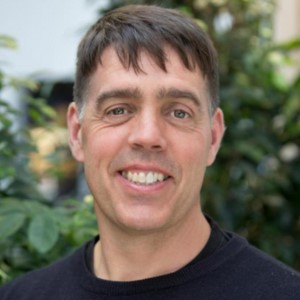
Tackling collisions in junior rugby
Professor Nick Draper
Post-Doctoral Fellow, School of Health Sciences, University of Canterbury
Rugby union is one of our national sports, and over three-quarters of our active ruby players are juniors. The physical contact and collisions inherent in rugby increase the risk of children being exposed to concussion, the effects posing a significant health issue.
Nick Draper and his team are looking closely at how players collide during the game, testing special headgear to see if it can reduce the impact of collisions and lower the risk of injury. This research is crucial to improve understanding of concussion injuries in contact sports, especially rugby, and find ways to make playing safer.
Nick has been a researcher and teacher at the University of Canterbury for over a decade but has a wealth of experience developed as a practitioner. Nick’s research has a translational focus with the aim of finding solutions to real-world problems.
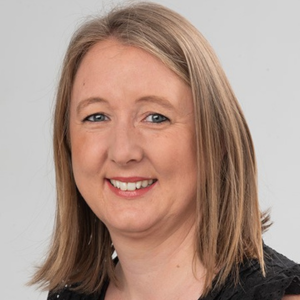
Age-friendly neighbourhoods
Dr Angela Curl
Senior Lecturer, Department of Population Health, University of Otago, Christchurch
Creating age-friendly environments is one of four key action areas for the United Nations Decade of Healthy Ageing (2021-2030). Where we live matters for our health, and as we age, and spend more time in the local neighbourhood, the relative importance of healthy environments increases.
Angela will talk about the role of the built environment in outdoor activity, falls risk and access to healthcare, important for healthy ageing.
Angela is a transport and health geographer undertaking research into the relationship between urban environments, transport and health. She is particularly interested in in how public policy can address health inequities and transport disadvantage.
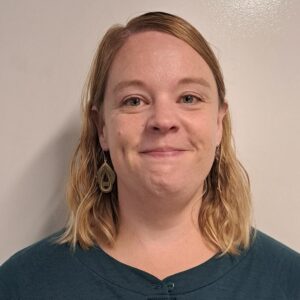
Helping our Pēpi and Tamariki live their best lives – an immunisation story
Dr Anna Howe
Senior Lecuturer, School of Health Sciences, University of Canterbury
New Zealand’s childhood immunisation programme is a significant public health tool for protecting our most treasured at their most vulnerable, a journey which begins before birth.
Anna will discuss the importance of immunisation using influenza, whooping cough, and measles as examples.
Anna is an epidemiologist in child and maternal health with a focus on immunisation and vaccine preventable disease. Her research is concerned with improving health outcomes for New Zealanders, with a particular focus on utilising large administrative and clinical datasets to answer wide ranging questions.
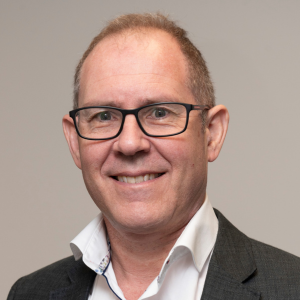
What happens when children with ADHD grow up?
Associate Professor James Foulds
Department of Psychological Medicine, University of Otago Christchurch
ADHD (attention deficit/hyperactivity disorder) is common in childhood. It was traditionally believed it resolved by late adolescence, but it is now clear this is not the case.
The Christchurch Health and Development Study has followed up over 1,000 people born in Christchurch in 1977. James’s research looks into how children in this cohort with ADHD are doing as adults, and what this means for health services.
James is a forensic psychiatrist and Director of the Christchurch Health and Development Study. His research focuses on the intersection between mental health, substance use and criminal offending.
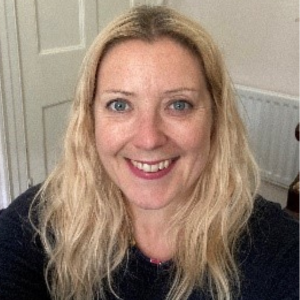
Let’s talk dads!
Dr Suzy Hodgson
Principal Academic Staff Member, Ara Institute of Canterbury
Did you know that men’s brains change when they become fathers? Did you know that men can experience postnatal depression? Did you know that many men want to be involved, co-parents to their children but often face barriers in doing so?
Suzy is a nurse, academic and fatherhood researcher who has explored transitions to fatherhood for the past 17 years. Suzy will talk about the science of fatherhood, and what the Fatherhood Research Team at Ara are currently involved with.
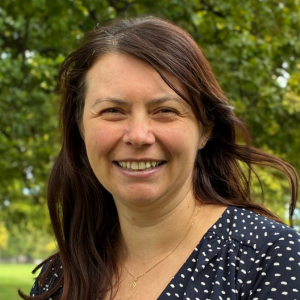
The future of dementia treatment: lessons from genetic Alzheimer’s disease
Dr Nicky Slater
Post-doctoral Research Fellow, Department of Medicine, University of Otago Christchurch, and New Zealand Brain Research Institute
Dementia affects millions of people worldwide, with Alzheimer’s disease the most common cause. While sporadic, late-onset Alzheimer’s disease is more prevalent, studying genetic early-onset cases can provide insight into disease mechanisms and potential treatments.
Nicky’s talk will explore how inherited forms of Alzheimer’s disease are shaping our understanding and highlighting key discoveries that may influence future therapies.
Nicky’s research interest is on neurodegenerative disorders, including Parkinson’s disease, Alzheimer’s disease, cognitive decline, and imaging. She is coordinator of the Dominantly Inherited Alzheimer Network (DIAN) study in New Zealand, an international study is looking at ways to diagnose, treat and prevent Alzheimer’s disease.
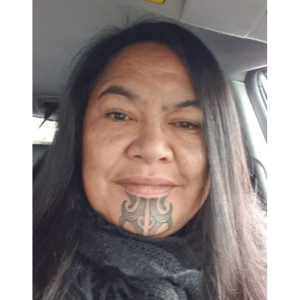
Our First Mothers – the pathway for Māori midwifery
Dr Jacqueline Martin
Kaiako Midwifery, Ara Institute of Canterbury
Understanding Māori midwifery practice is essential for the midwifery profession in Aotearoa, and the foundation begins within midwifery students. Jacqui’s research explores Māori midwifery practice, what it means for both Māori and Pākehā, and is now being translated into practice through the midwifery education programme here at Ara in Canterbury.
Jacqui identifies herself as Tāpuhi, an Indigenous midwife of Aotearoa. She has completed her Doctorate of Indigenous Development & Advancement at Te Whare Wānanga o Awanuiārangi, Whakatāne, New Zealand.
She has exchanged her role, from the clinical floor to the educational field and teaches at Ara in the Bachelor of Midwifery programme.
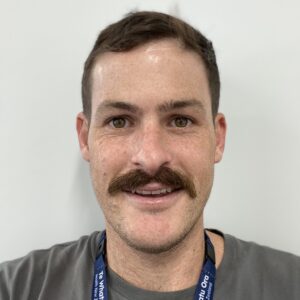
The global surge in early onset colorectal cancer
Dr Oliver Waddell
Department of Surgery, University of Otago Christchurch, and Surgical Registrar Health NZ Te Whatu Ora Waitaha Canterbury
Early-onset colorectal cancer is a global issue, with incidences in younger adults (between 25-49) on the rise. Oliver’s research shows this alarming trend is true for younger New Zealanders, especially Māori. New Zealand already has one of the highest rates of bowel cancer in the world, and with early onset colorectal cancer in younger New Zealanders rising by 26 per cent per decade on average over the past twenty years, more attention is needed.
Oliver will share some of the key findings from his research, and implications from screening tools to diagnostic delays, and patient education.
Oliver is a general surgical trainee, whom recently completed a PhD with the University of Otago, Christchurch. Oliver’s research explored several aspects surrounding the rising incidence of early-onset colorectal cancer in Aotearoa New Zealand.
